Integrated care offers evidence-based building blocks to address whole health needs — from team-based care and shared decision-making, to bridging the gap of physical and behavioral health care delivery silos.
Learn MoreConsulting
Amplify Your Impact with National Council Consulting
For more than two decades, the National Council for Mental Wellbeing has been using our industry-specific expertise to transform the behavioral health field across America. As your partner in change, our mission driven consultants are committed to excellence, empowering organizations working with mental health and substance use populations to thrive in today’s increasingly complex health care environment.
Join the hundreds of other organizations across the country that have already taken the first step to positive transformation.
Check Out Our Consulting Lines:
Certified Community Behavioral Health Clinics (CCBHCs) are revolutionizing behavioral health care and strengthening services for those who most need them — are you ready for what’s ahead?
Learn MoreScreening, Brief Intervention and Referral to Treatment (SBIRT) consulting will equip your organization with the skills and processes you need to successfully implement the SBIRT model.
Learn MoreContact us to learn more about pricing and building your own consulting service.
Organizations We Work With
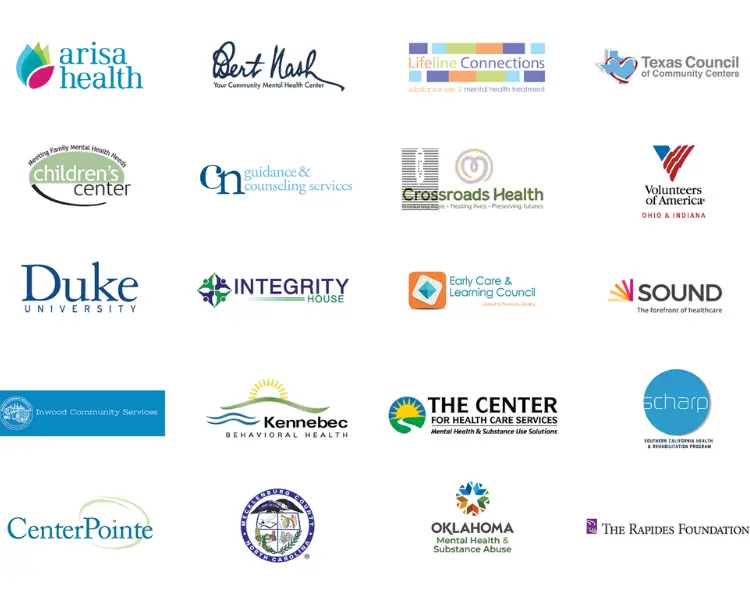
Types of Organizations We Consult With
- Providers and clinicians
- State and local governments
- Public charities and private foundations
- Mental health and substance use organizations
- Hospitals
- Primary care providers
Why National Council Consulting Is Different
Mission-driven
Our commitment is to empower organizations with the tools and strategies to make a difference in the lives of those they serve. With the National Council, you aren’t just learning from industry professionals, but from dedicated change-makers committed to transforming the behavioral health landscape and making mental wellbeing a reality for everyone. Our consultants prioritize purpose over profit to bring about tangible, positive change across organizations and within the communities we serve.
Industry-specific Expertise
Our consultants are industry-specific experts with an unparalleled grasp of the behavioral health sector. Participants benefit from the wealth of experience and in-depth knowledge of seasoned professionals who know behavioral health like the back of their hands. Consulting isn’t just about imparting skills – it’s about providing insights from real-world experiences and challenges. With the National Council, clients are stepping into a consulting experience that’s backed by expertise and grounded in the reality of behavioral health, where participants are not just learning, they’re gaining a profound understanding that only dedicated, seasoned experts can offer.
Practical
We move beyond theoretical concepts, offering hands-on strategies and techniques that organizations can easily incorporate into their work and their worlds. Our focus on actionable learning means that clients will find immediate value in implementing these skills, bridging the gap between knowledge and application.
Custom
We provide tailored consulting to meet the unique needs, challenges and contexts of the organizations and participants that we work with. Rather than a one-size-fits-all approach, consulting is dynamic and customizable, ensuring organizations and participants develop the most actionable strategies and relevant skills to drive meaningful change.
Meet Our Industry Experts
-
 Joe Parks, MD National Council for Mental Wellbeing
Joe Parks, MD National Council for Mental Wellbeing -
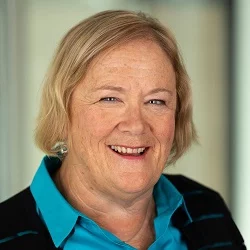 Joan Kenerson King, RN, MSN National Council for Mental Wellbeing
Joan Kenerson King, RN, MSN National Council for Mental Wellbeing -
 Aaron Williams, MA National Council for Mental Wellbeing
Aaron Williams, MA National Council for Mental Wellbeing -
 Jeff Capobianco, PhD National Council for Mental Wellbeing
Jeff Capobianco, PhD National Council for Mental Wellbeing -
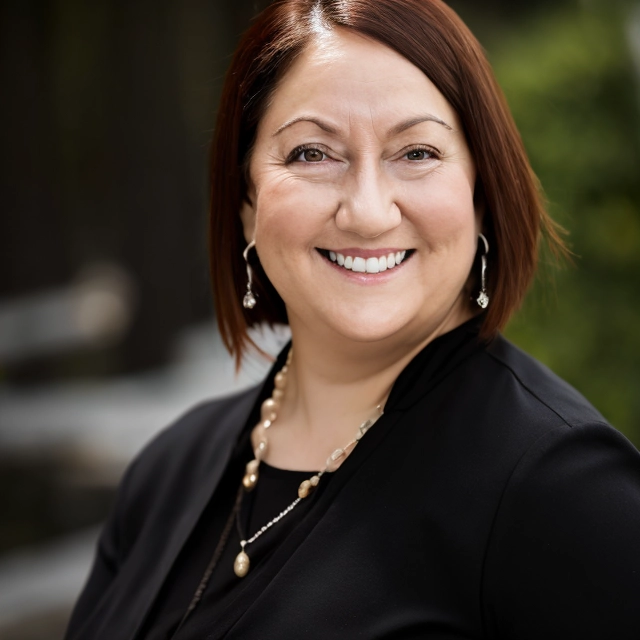 Laura Leone, DSW, MSSW, LMSW National Council for Mental Wellbeing
Laura Leone, DSW, MSSW, LMSW National Council for Mental Wellbeing -
 Amelia Roeschlein, DSW, MA, LMFT National Council for Mental Wellbeing
Amelia Roeschlein, DSW, MA, LMFT National Council for Mental Wellbeing -
 Renee Boak, MPH National Council for Mental Wellbeing
Renee Boak, MPH National Council for Mental Wellbeing -
 Scott Lloyd MTM Services
Scott Lloyd MTM Services -
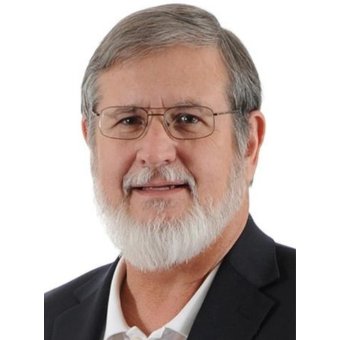 Larry Fricks Appalachian Consulting Group
Larry Fricks Appalachian Consulting Group -
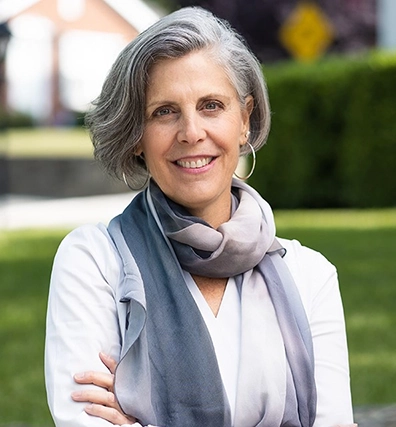 Jeanne Supin, MA Watauga Consulting
Jeanne Supin, MA Watauga Consulting -
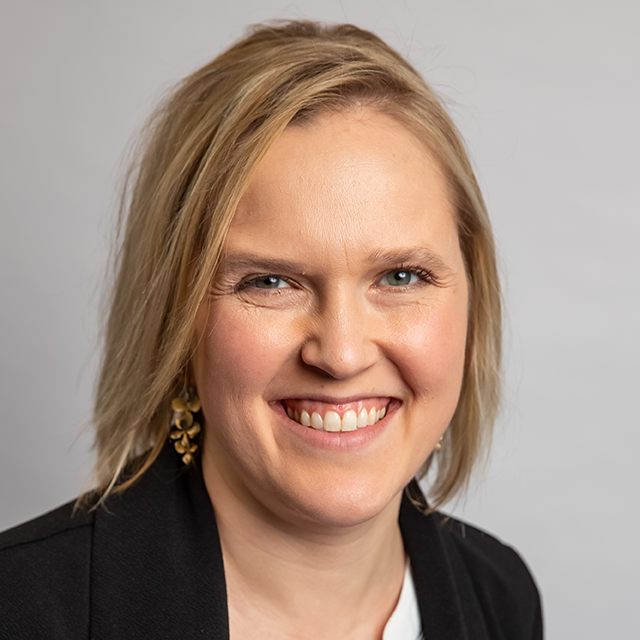 Johanna Bergan JCMB Consulting LLC
Johanna Bergan JCMB Consulting LLC
Ready To Take the Next Step?
Contact us to get detailed information about our custom consulting services and pricing.
